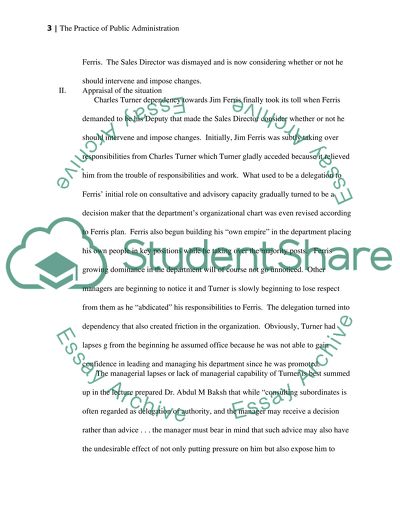Cite this document
(“THE PRACTICE OF PUBLIC ADMINISTRATION Research Paper”, n.d.)
Retrieved from https://studentshare.org/marketing/1466927-the-practice-of-public-administration
Retrieved from https://studentshare.org/marketing/1466927-the-practice-of-public-administration
(THE PRACTICE OF PUBLIC ADMINISTRATION Research Paper)
https://studentshare.org/marketing/1466927-the-practice-of-public-administration.
https://studentshare.org/marketing/1466927-the-practice-of-public-administration.
“THE PRACTICE OF PUBLIC ADMINISTRATION Research Paper”, n.d. https://studentshare.org/marketing/1466927-the-practice-of-public-administration.


